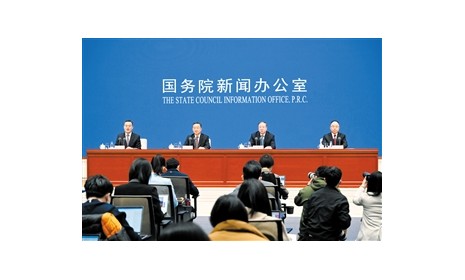2024年10月17日,据欧盟食品安全局(EFSA)消息,欧盟食品添加剂和调味剂小组(FAF)重新评估二氧化硅(silicon dioxide)(E 551)作为16周以下婴儿食品添加剂的安全性,并对其作为食品添加剂用于所有人群进行了后续评估。
部分原文报道如下:
The present opinion is the follow-up of the conclusions and recommendations of the Scientific Opinion on the re-evaluation of silicon dioxide (E 551) as a food additive relevant to the safety assessment for all age groups. In addition, the risk assessment of silicon dioxide (E 551) for its use in food for infants below 16?weeks of age is performed. based on the newly available information on the characterisation of the SAS used as E 551 and following the principles of the 2021 EFSA Guidance on Particle-TR, the conventional safety assessment has been complemented with nano-specific considerations. Given the uncertainties resulting from the limitations of the database and in the absence of genotoxicity concern, the Panel considered that it is not appropriate to derive an acceptable daily intake (ADI) but applied the margin of exposure (MOE) approach for the risk assessment. The Panel concluded that the MOE should be at least 36 for not raising a safety concern. The calculated MOEs considering the dietary exposure estimates for all population groups using the refined non-brand loyal scenario, estimated at the time of the 2018 re-evaluation, were all above 36. The Panel concluded that E 551 does not raise a safety concern in all population groups at the reported uses and use levels. The use of E 551 in food for infants below 16 weeks of age in FC 13.1.1 and FC 13.1.5.1 does not raise a safety concern at the current exposure levels. The Panel also concluded that the technical data provided support an amendment of the specifications for E 551 laid down in Commission Regulation (EU) No 231/2012. The paucity of toxicological studies with proper dispersion protocol (with the exception of the genotoxicity studies) creates uncertainty in the present assessment of the potential toxicological effects related to the exposure to E 551 nanosize aggregates.
更多详情参见:https://efsa.onlinelibrary.wiley.com/doi/10.2903/j.efsa.2024.8880















